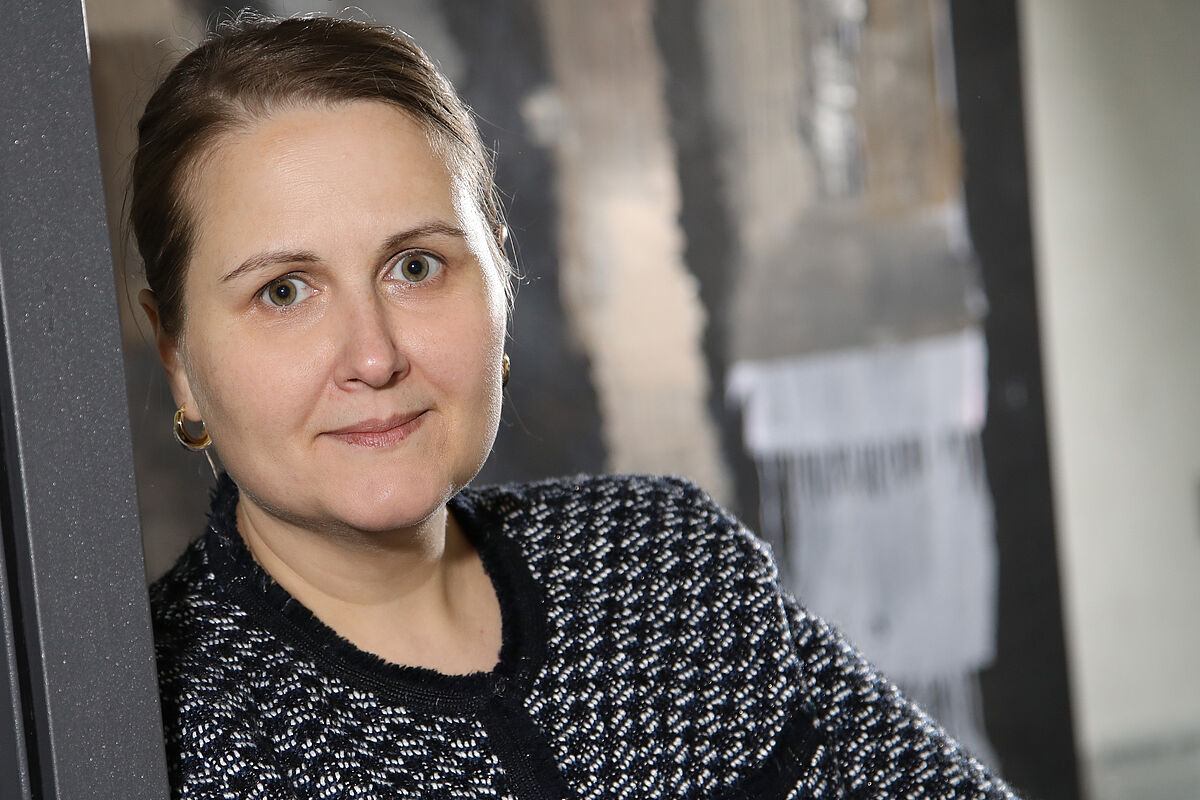
Professorin Dr. Inna Melnykovska
Alfried Krupp Junior Fellow
(Oktober 2023 - September 2024)
- Assistenzprofessorin für Vergleichende politische Ökonomie am Fachbereich Politikwissenschaft der Central European University
Fellow-Projekt: „Global Money, Local Politics: Big Business, Capital Mobility and the Transformation of Crony Capitalism in Russia and Ukraine”
How to effectively manage the merits of financial globalization without feeding corruption in democratizing, institutionally weak states? Or how to effectively use economic and financial sanction against aggressive authoritarian regimes without enhancing “the rally-around-the flag effect” of the domestic elites and population and empowering an authoritarian incumbent? These are core contemporary questions that Western societies ask, since the legitimacy and resilience of modern capitalism and democracy depend on it, as well as Western democracy promotion and security policies around the globe, and in Eurasia in particular.
The project offers innovative ways of accomplishing this hefty goal by tracing the effects that global capital mobility of Russian and Ukrainian holdings and offshorization of their corporate activities have had on business behavior and eventually on politico-economic system of crony capitalism in Russia and Ukraine.
Utilizing unique datasets on the capital mobility of Russian and Ukrainian holdings from 1998 till 2014 and using the method of comparative case studies and techniques of process tracing, the project demonstrates that financial globalization has the potential to enhance embedded business autonomy. Increased business autonomy eventually opens opportunities for business to diversify their networks in domestic politics, support the (liberal) opposition, and contribute to more political competition at home. The effect of business autonomy is conditioned by the mechanisms of financial integration as well as by the domestic context, however.
The project adds a global dimension to the knowledge on the functioning of kleptocratic illiberal regimes in Eurasia. It highlights a new channel of external influences that has been largely overlooked by democratization, Europeanization, and autocracy promotion studies. It contributes to the debates across Political Science, International Relations, Sociology and History about the mechanisms of institutional diffusion and the interplay of agency and structures in these processes. Finally, it is policy-relevant, as it helps to well-tune U.S. and EU financial regulations and render more precisely financial sanctions to account for the role of domestic context in conditioning effects of financial globalization and financial regulations. It demonstrates which financial regulations would crack down illicit capital flows and how to enhance transformative powers of capital mobility; it shows how international financial regulations would interact with local conditions of state-government relations and domestic context of crony capitalism, and which effects this interaction would produce.
-> Zum aktuellen Fellow-Jahrgang
